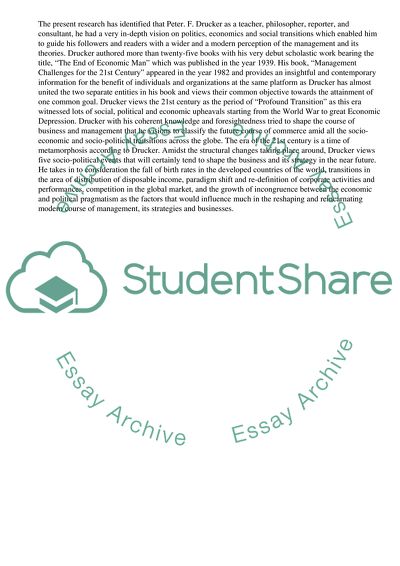Cite this document
(Management Challenges for the 21st Century Term Paper - 1, n.d.)
Management Challenges for the 21st Century Term Paper - 1. Retrieved from https://studentshare.org/management/1751827-book-report-on-management-challenges-for-the-21st-century-by-peter-f-drucker
Management Challenges for the 21st Century Term Paper - 1. Retrieved from https://studentshare.org/management/1751827-book-report-on-management-challenges-for-the-21st-century-by-peter-f-drucker
(Management Challenges for the 21st Century Term Paper - 1)
Management Challenges for the 21st Century Term Paper - 1. https://studentshare.org/management/1751827-book-report-on-management-challenges-for-the-21st-century-by-peter-f-drucker.
Management Challenges for the 21st Century Term Paper - 1. https://studentshare.org/management/1751827-book-report-on-management-challenges-for-the-21st-century-by-peter-f-drucker.
“Management Challenges for the 21st Century Term Paper - 1”, n.d. https://studentshare.org/management/1751827-book-report-on-management-challenges-for-the-21st-century-by-peter-f-drucker.


